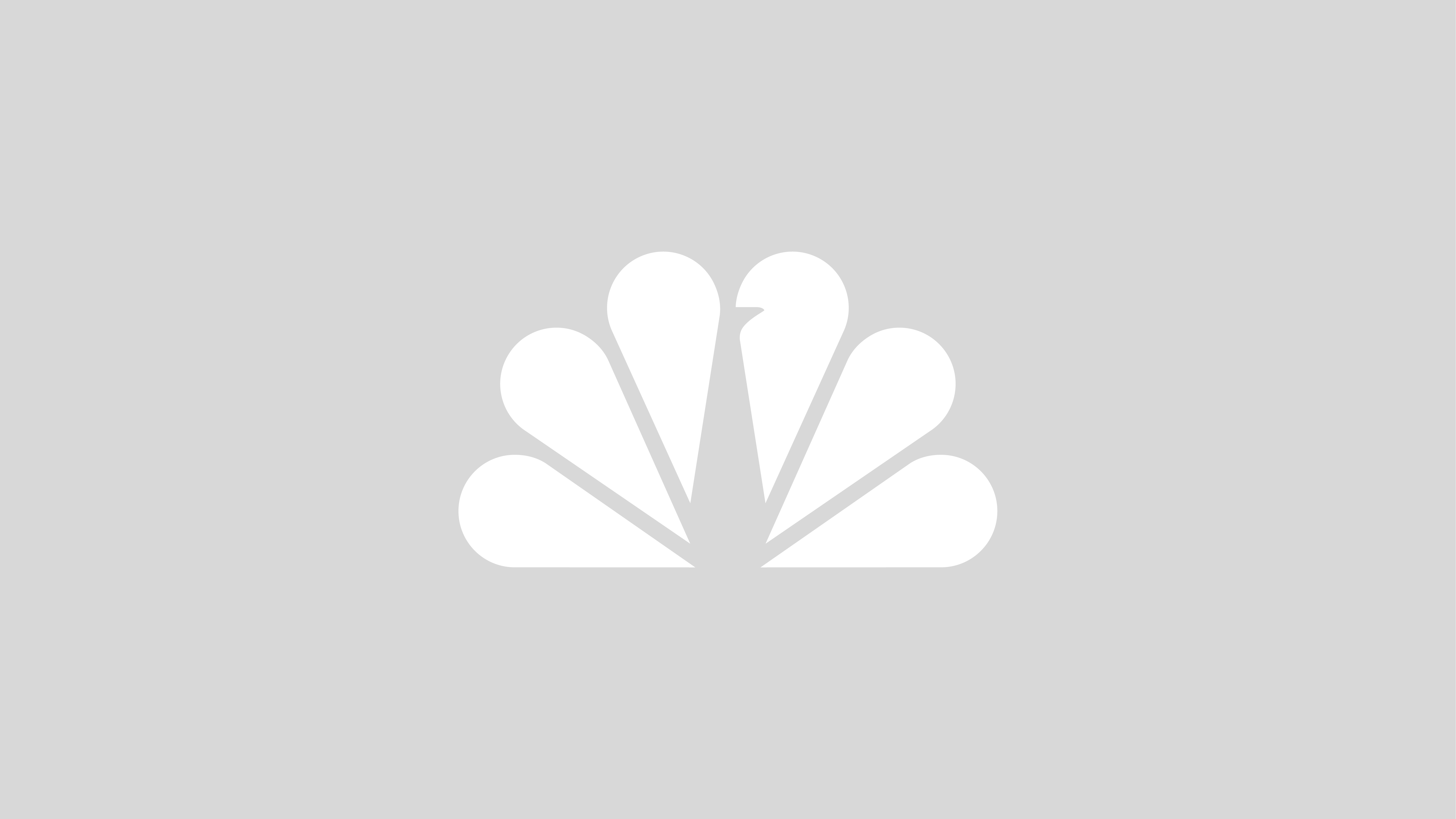A saliva test for coronavirus is getting attention for being fast and less invasive, and researchers are hoping that it can be put into wider use as questions arise about the continued availability of testing supplies amid the ongoing pandemic.
Currently, the University of Illinois is offering it free to faculty and students on campus. According to a letter from the university chancellor, the samples will be assessed using a process developed by the COVID-19 SHIELD: Target, Test, Tell team.
Unlike conventional nasal testing, saliva samples are collected non-invasively, without healthcare workers and with minimal use of PPE.
Dr. Nishant Agrawal is a professor of surgery and the Director of Head and Neck Surgical Oncology at University of Chicago Medicine. He says there are a number of advantages to the saliva test, a method the university is currently researching.
"Earlier there was decreased supply of flock nasal swabs. That would not be the case for saliva. You don’t necessarily need trained medical professionals. It’s easier to scale, and it’s less intimidating. I think people would be much more open to it," said Dr. Agrawal.
Right now, no major medical centers in Chicago are offering the saliva test. Some are waiting until research looking into the reliability of the tests is performed. The standard test across the country remains the deep nasal cavity swab, but as demand for testing continues to grow, Dr. Agrawal sees the saliva test as the eventual "norm" because it's easier to self-administer and less uncomfortable.
He feels confident in what UChicago Medicine has developed so far.
Local
"It’s in research purposes only right now. We are validating our essay. So far, our accuracy is up to par with the Nasopharyngeal swab. We actually think the sensitivity may be a little bit better," said Dr. Agrawal.
UChicago Medicine runs its own lab tests in house. Results are available within 48 hours, a time that's in stark contrast to a growing issue of testing backlogs across the country.
"We are experiencing a little bit of a backlog because of the amount of tests that happen. There's only a certain amount of machines and a certain amount of people at the labs. So there’s going to be a long line for it," said Dr. Rahul Khare, an emergency room physician and the CEO of Innovative Express Care.
Dr. Khare says his clinic is seeing a surge in testing like never before. They are testing nearly 400 patients a day, with results returned in an average of three-to-four days.
In fact, demand is so high, they're expanding to a second, bigger facility in Lincoln Park to accommodate more people.
Innovative Express Care currently offers the traditional nasopharyngeal and a rapid nasal or oral swab. The rapid test provides results in a matter of hours because it uses a different technology to detect the virus, but Dr. Khare says those tests are often less effective.
"It’s important to realize none of the rapid tests are as good as the lab tests."
Dr. Khare says he wants to see more research and new technology before making the saliva test the norm at his clinic.
"The saliva tests, right now, don’t have the sensitivity of the nasal or oral. It just can’t. The virus is living in the back of your throat. That’s why we do the swabs there," said Dr. Khare
At UChicago Medicine, Dr. Agrawal says a saliva test could be ready for the general public within the next month or two. When it comes to varying results and accuracy, he says different organizations and researchers have different saliva tests, so effectiveness is dependent on how samples are processed, preserved and analyzed.
"We are exploring some partnerships and trying to find the path toward FDA approval."



